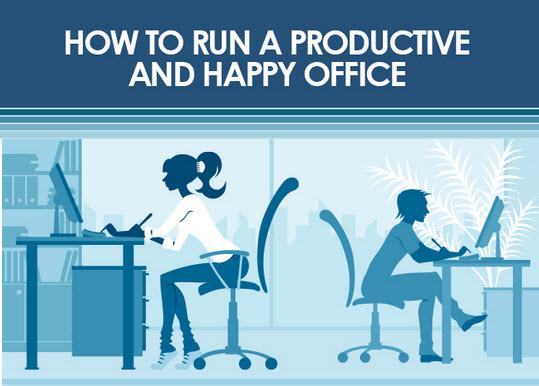Your Personal Evolution For Growing Your Business
What are you an Expert at?
Over the years we’ve asked this question to hundreds of our professional customers in service industry businesses like landscaping, lawn care and asphalt maintenance. When asked, it’s common for one of our customers to say their expertise is as a worker in their industry.
While that’s a fine place for a beginning (many successful entrepreneurs have gotten their start by simply being good workers) you’ll need to do a lot more than that to build a large and successful business.
Transitions.
At first, you may have to be the expert at executing your work. Whether running a milling machine, mowing with a ZTR, striping parking lots, laying paver bricks, or planting a 36” ball Spruce, there are tricks to making any complex task more efficient and more manageable.
If you are responsible for the primary execution on the job site, you’d better be good at it, and being good at this level is the surest way to ensure that your company CAN succeed to become something bigger… BUT…
But as your company becomes more-successful over time, you may need to become the expert at other things too, like managing a crew of workers. Then, when you grow to run multiple crews, you’ll have to become an expert at scheduling them, balancing their workloads and hiring crew leaders to help you oversee this larger staff.
As you grow your business, your expertise is going to have to evolve based on the current needs of running your company. As your company grows, so must you. As it evolves from a one-man operation into a multi-million-dollar corporation, any company is going to need its owners to grow with it!
Specialization.
To grow beyond the size where one person can manage every task themselves, a company simply needs specialized workers to fill different roles.
The production worker executing onsite for customers is a necessary part of this equation, but so is the account manager selling the jobs, the accountant balancing the books, the buyer negotiating favorable rates and terms for materials, and the mechanic keeping the machines running.
Understanding these needs and making sure they are all adequately covered is the responsibility of the ownership of the company, and if that’s you, the best thing you can do is be an expert at all those jobs yourself.
If you’re not going to become an expert, you should gain at least a rudimentary understanding of all of these functions. At the very least, you need to be able to understand their necessity and be able to find competent staff to complete them for you.
But What’s Your Role? That’s Up To You!
That’s not to say that you can’t own the company, be the boss, and simply work in the field or operate a crew as a line foreman every day; you can!
But if you decide do that, you also need to recognize that there’s still a need for a sales manager to keep work coming in, an operations manager to schedule jobs and juggle crews, and maybe even an executive manager to oversee these managers and the rest of your professional staff.
If you can’t fill these needs in your organization or find others able to do it for you, you’ll quickly see limitations on how much you can grow.
You CAN Break the mold.
If you own the business, you benefit from the labor you can put into it yourself. So there are real financial considerations about whether you decide to do work that could be done by a minimum wage manual laborer vs a salaried office manager. The traditional approach is for the owner to be “The Boss”, which has financial advantages, but that’s certainly not the only way to get it done.
Even if the “Standard” model, the one we’re all used to seeing, is for the owner to become the executive leader of their organization, it simply doesn’t matter what role you take in your company. It only matters that all the specialized roles that turn your business into an efficient, money-making machine get filled by people who can do their jobs well.
What Are You An Expert At?
So we come back to the first question. What are you an expert at? … and… maybe more importantly, what do you WANT to be an expert at?
By the time you’ve grown a company to the point where you have to start making these kinds of decisions, you have a good idea about what you like to do, what you’re best at, and what kind of tolerance you have for delegating critical tasks to others.
It’s Up To You.
So think about your role in your company and what you want it to be. It’s your decision, so take the time to understand what’s best for you and go for it.
But whatever you decide to be… BE THE EXPERT!
Good Luck










Leave a Reply
Want to join the discussion?Feel free to contribute!